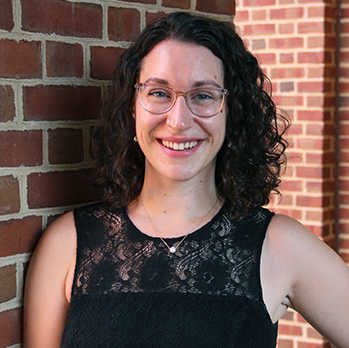By: Theresa Pfister
Highlights:
- As a doctoral student in Educational Psychology-Applied Developmental Science, I wrote new APA Division 15 Policy Brief and am now sharing it as a video blog.
- I argue that racial disproportionality in school discipline in the U.S. has contributed to gaps in outcomes—including lower academic achievement, risk of drop-out, and involvement in the juvenile justice system.
- In this video, I provides recommendations for policy and practice, including providing professional development for all educators in race, bias, and equity.
Education is a fundamental right. However, the public school system continues to fall short in delivering on its promise to provide an equal education to all students. One of the ways in which this happens is through racial disproportionality in school discipline.
While causes of the discipline gap are complex, researchers have found implicit bias, differential selection and processing, and negative racial stereotypes are greatly to blame:
- Differential Selection and Processing: There is evidence that students of color are more likely to be “selected” for harsher discipline, despite similar behaviors exhibited by classmates.
- Implicit Bias: Infractions that require subjective instead of objective interpretation (e.g., disrespect versus drug possession) account for a great deal of the discipline gap, as they allow implicit bias to drive decision-making.
- Negative Racial Stereotypes: Researchers found that behaviors cited most commonly for Black girls’ discipline referrals aligned with racial stereotypes of behavior, such as being too loud or having a bad attitude.
Scholars argue that the goal of equitable education for all students cannot be realized while racial disparities in school discipline persist, including not only who gets chosen for discipline, but also the harshness of that discipline. Read more from this research brief online.
If you have any comments or questions about this post, please email Youth-Nex@virginia.edu. Please visit the Youth-Nex Homepage for up to date information about the work happening at the center.

Author Bio: Theresa Pfister is a Ph.D. student in Educational Psychology – Applied Developmental Science from Friendship, Wisconsin, studying adolescence, the importance of relationships, and equity. An educator first and foremost, she believes deeply in the importance of working in partnership and utilizing research as a tool of empowerment. Before coming to the University of Virginia, Theresa was a teacher-trainer with the Peace Corps in Ethiopia, a 4th grade teacher in Bed-Stuy, Brooklyn, and a College Advisor at SEO Scholars in Manhattan.